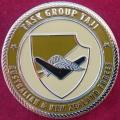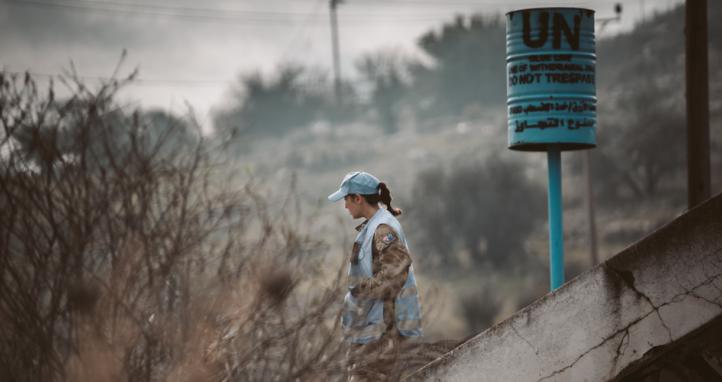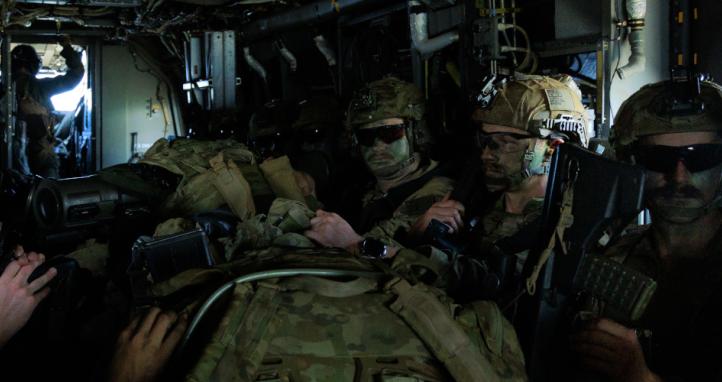Introduction
Building Partner Capacity is a term that refers to a broad set of missions, programs and activities that aim to improve the capabilities of other nations' security forces. As Australian soldiers placed in mentoring roles as part of Task Group Taji IX on Op OKRA, Iraq, we have seen first-hand at how our training and mentoring is helping the Iraqi Security Forces (ISF) develop their instructors and soldiers within the School of Infantry and Non-Commissioned Officer Academy II. These are our experiences and thoughts on Building Partner Capacity actions within the Task Group Taji mission at the JNCO level and what it means to be a JNCO on operations.
Building on Past Missions by CPL Leighton Haywood-Smith
The Task Group Taji (TGT) mission has just completed its ninth iteration within the Taji Military Complex, having been through some significant changes in the implementation of the mission alongside the School of Infantry and Non-Commissioned Officer Academy II (SINCO II). As a Mentor/Trainer within TGT-IX I have been in a privileged position on the ground to see first-hand the results of previous Taji rotations and the changing mission with the Iraqi soldiers.
Various briefs on the history behind TGT and the achievements to date describe an evolving mission which has changed significantly from when the Training Team members began in 2015 as Military Trainers. Their task at the time was to actively take the lead on all training aspects and they were responsible for the training of Iraqi soldiers directly. As the mission has continued to develop, TG Taji has evolved from providing the vast majority of the training to providing a mentoring role to the ISF instructors who are now taking the lead on delivering their own training to the ISF soldiers. We have been privileged to build on the hard work and excellent results from previous rotations to providing the finishing touches to the ISF instructors who are now capable of delivering independent instruction to their own soldiers.
With this mentoring approach in mind, my training team and I were taken straight out to the training area and introduced to the SINCO II Instructors and the ISF Brigade they were training. With the invaluable assistance of our attached local Iraqi Interpreters, an open mind, and our keenness to get stuck in to the mission, we began to immediately develop our own rapport with these instructors and soldiers and build on the positive relations that already existed from previous Taji rotations. This also gave me the opportunity to ask the key question I had before our arrival – what did the SINCO Instructors feel about our support on the ground and the move towards a purely mentoring role? The reply I received was as open and honest as I expected from another soldier, albeit an Iraqi instructor - “the Australians are doing nothing now but watch us train.” My TGT-VIII predecessor and I placed this down to misunderstanding of the instructor but I did respect that, at the very least, we still had to prove our value to these instructors we were here to mentor.
My immediate observation of the training being delivered was that the SINCO Instructors were mostly quite capable and willing to provide their own instruction to the ISF trainees. Compared to my experiences as a JNCO delivering lessons and training, their approach to instructing differed to say the least. It took me some time to accept that we were here to mentor them to improve their own standard and way of doing things, not to impose our own approach of instruction onto them.
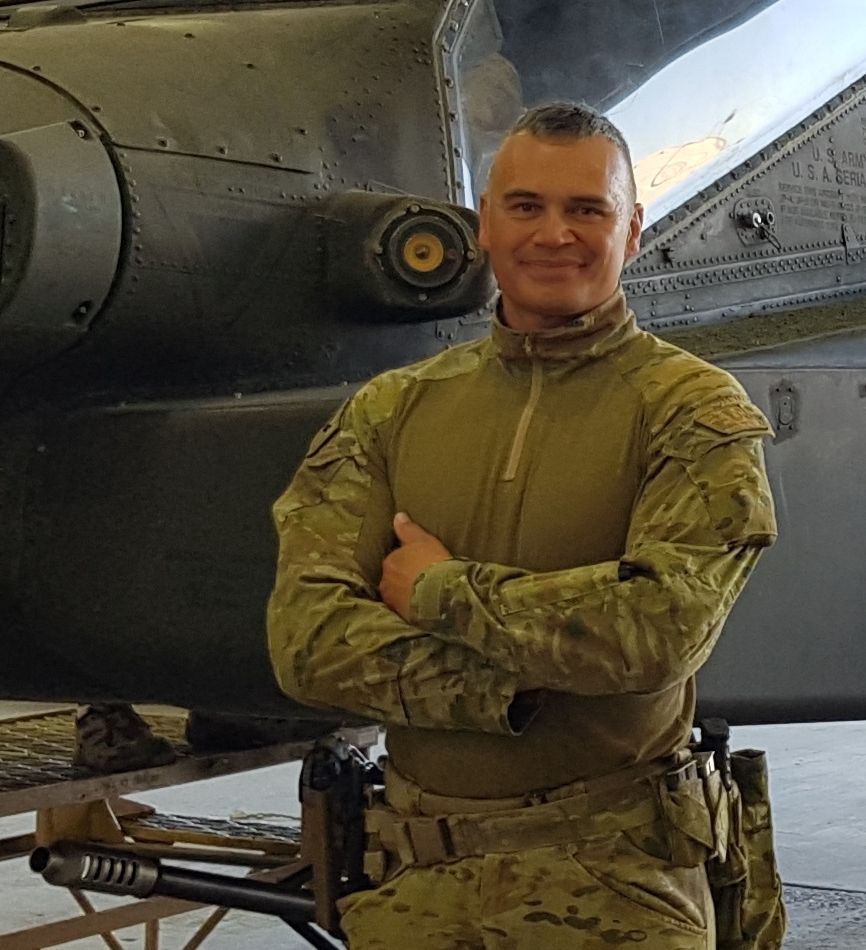
Having now mentored our instructors for five months I am very proud of my mentoring effort, both within TGT-IX and as part of the broader TGT legacy with SINCO II. The SINCO instructors, as well as their ISF trainees, are very proud and intelligent soldiers, with several of them having had more combat experience than many of the TGT members mentoring them. What has been the most difficult is instilling the depth of instructional experience and know-how in the instructors that I have taken for granted in our Army. As such, they have been more than thankful for the times that we have provided constructive feedback or assisted with their training to further enhance their own learning and development. From my observations, this ‘Mentor the Trainer’ input, and our own efforts to lead by example, has been the best method to enhance their own development.
This deployment has been a real ‘eye-opener’ for me as a JNCO and I am proud to have played my small part as an Australian soldier. My key take-aways from the past six months are:
- Be open, honest and respectful of the people you will be interacting with as a mentor. This may seem self-evident, but it is a strength of the Australian soldier and will aid greatly in the successful completion of our tasks. This also includes interactions with other Coalition partners.
- Do not take Host Nation people/soldiers for granted. In the context of Taji, the Iraqis are a proud, intelligent and courageous people who respect strength alongside empathy in equal doses. Just because some may not be able to read or write, their desire to learn is no less strong. There were also many soldiers amongst them who not only spoke English better than we could ever speak Arabic but also had a wealth of life and combat experience that didn’t exist within the Australian trainers. We also found the Iraqi interpreters had their own wealth of knowledge and experience which made them invaluable to our mission success.
- Be flexible and patient when undertaking tasks with the Host Nation soldiers, whether as a mentor to the SINCO Instructors, or when reviewing and critiquing the training conducted by the ISF. They are only as good as the training and instruction they receive, which is no different to our training in Australia.
Ultimately, the key endstate of BPC is that the Host Nation resumes their ability to perform independently from the contribution of the training/mentoring force. With a new ANZAC Task Group about to arrive, along with a further adaptation to the mission statement, the ISF have now achieved independence as instructors from our combined contribution throughout the Task Group Taji mission. I am proud to have contributed my part to the bigger Taji mission.
Mutual Respect by CPL Cullan Jensen
The concept of Build Partner Capacity was unknown to me at first given my short career as a Cavalry Crew Commander. Until this deployment I had mainly participated in a number of mostly conventional exercises and training opportunities. Applying BPC concepts on Op OKRA as an All-Corps Australian soldier was not as difficult as I first imagined, but it was certainly not without its frustrations. As this was my first deployment, I went into the situation not knowing what to expect so I tried to gain as much knowledge as I could off senior members and their experiences from previous deployments. As we got into country, I soon gathered that it was very different to what I was expecting and to what we had anticipated during the lead up to the deployment.
When it came mentoring and developing trainer capacity, we quickly learnt that it was very different to teaching and mentoring our own soldiers. They had their own way of learning and doing things, and to a different standard, which we didn’t fully comprehend until we actually got out on the ground and started working with the ISF in their training environment. When we first started to work with the ISF, and particularly the SINCO II instructors, we found that we were trying to accomplish too many goals in one day. We originally set out training outcomes which we wanted to achieve (about four to five) for the training day but in reality, these quickly reduced to around one or two, due to a variety of cultural and environmental reasons. The main factor that impacted our training was the time allocation to accomplish training outcomes. At the height of summer the best we could get is around two hours of training before they would cease training due to fatigue. This caused a lot of frustration at first, as we could not always achieve the number of outcomes we wanted per day. Once we realised the situation the soldiers were in (and acknowledged that our reaction in that environment would not be much different) we scaled back to fewer, more achievable outcomes per day. The SINCO II instructors and the ISF were a lot more receptive and by the culminating activity there was a vast improvement all round, including an increase in the training objectives we were able to achieve every day.
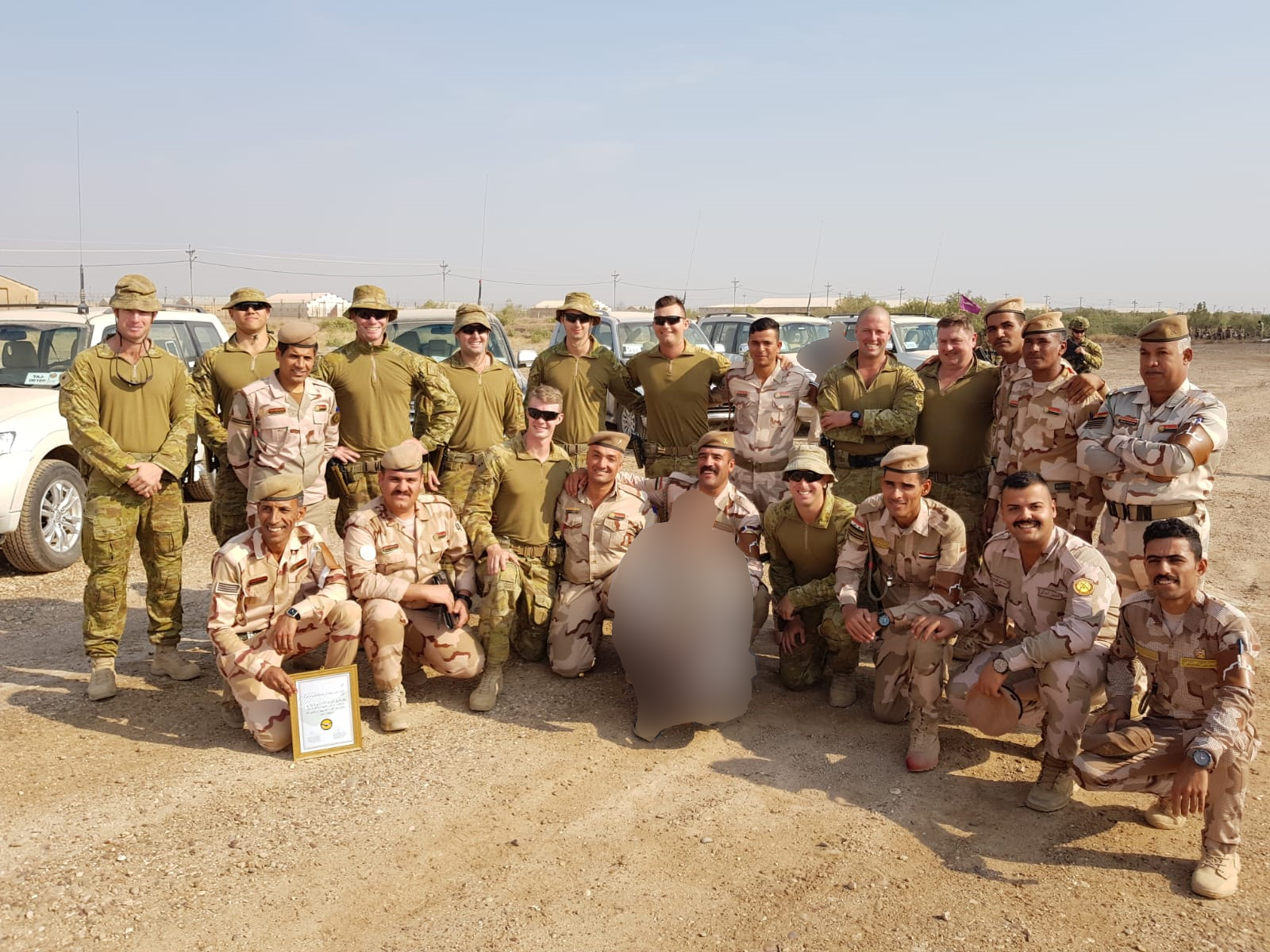
When it came to interacting with the Iraqi Instructors I was a bit reserved at first and unsure how to interact with them as my biggest fear was culturally offending them. We had a lot of cultural awareness training leading up to the deployment and this emphasised the point of doing everything in your power not to offend them. A lot of the training was useful as a guide on how to interact, but we soon quickly realised the Iraqis are very similar to us and the attitudes of soldiers are similar everywhere around the world. The relationship between Australian mentors and Iraqi instructors was very good from the start of the handover which made our transition a lot smoother than expected. The respect and cooperation between ISF and Australians made the mentoring role a lot easier. Once we earned their trust and respect (which didn’t take as long as I imagined) our mentoring became quite simple. This was achieved by simple approaches, such as not trying to stand over or pressuring the instructors but rather actually work together with them to achieve the task at hand in their own way. Once this was established, and they understood we were there to help them as a team, the SINCO II instructors were very open to advice and became enthusiastic about showing the level of knowledge and skill they had and they were happy to receive feedback from us.
This trip has taught me that not everyone you are training is going to pick up, or be able to complete, tasks to the same ability or at the same rate as your own soldiers back home. Be patient and don’t get frustrated at the little things, otherwise you will go mad and it will be a very long deployment. Don’t isolate yourself from your mates; make sure you do have some time to yourself but don’t detach yourself completely and stay in your room all the time on your own. However, the main lesson I picked up was to build a good relationship early on as this will make your life a lot easier day-to-day when conducting training.
The relationships we built with the ISF, and especially the SINCO instructors, were essential and directly helped in the success in the mission so far. The mutual respect between the soldiers of the two BPC nations is something that needs to be developed and maintained to be successful with any BPC mission anywhere in the world. However, I believe that our humble and respectful approach to BPC actions as Australia soldiers is what makes us so successful as mentors and trainers and will help us to achieve success as mentors anywhere in the world.
Being Open and Authentic Works Best by CPL Jaymes Hasler
Prior to deploying on Op OKRA to Taji I had a limited understanding of what our BPC efforts with SINCO II would look like and what it actually meant for me on the ground, despite having deployed to the SW Pacific on two occasions supporting host nation security forces. As a RAE CPL I worked alongside other Corps as mentors advising and assisting the SINCO II instructors to help enhance and develop members of the Iraqi Security Forces (ISF) to increase their individual-to-company level military capability. The CPL trainer’s role within TGT is very important as we are on the ground face-to-face with our counterparts, forging relationships with the ISF to further developing their ability as instructors to conduct more impactful training with their own soldiers.
In order to be a successful mentor, I have found that there are a few key things to consider. You must remain culturally aware during your interactions with Host Nation soldiers, use emotional intelligence to enhance your engagement with them, and have a professional yet friendly demeanour at all times to maintain the relationship and still contribute to their development. If you do not do this, the SINCO instructors and ISF will not willingly engage in the training nor take on any of your feedback, regardless of whether it is positive or constructive. My experiences with the ISF over this tour have led me to believe that being open and authentic works best to gain their trust, respect and admiration. The ISF are quick to pick up body language and this is reflected within their training which I feel is a direct reflection of yourself. They really appreciate our sincerity and willingness to adopt their language and culture which is best exhibited by our attempts to speak Arabic with them which has shown our understanding of their culture and creates a better working environment for all.
Once you have gained their trust, respect and admiration, the ISF will take on your constructive criticism and work hard to improve their training. The ISF are very forthcoming once they have accepted you individually or as a training team. During my time as a mentor this has been shown in varying ways, the most entertaining of which has been receiving a traditional Iraqi ‘name’ or being ‘invited’ into their tribe. These are signs of respect and this shows how much they appreciate your mentorship. On a training team level this is presented through occasions such as organising a feast where the simple act of breaking bread over a local meal shows personal respect which is only earned through the way the entire team carries themselves, and in turn reflects how successful a mentor you have been.
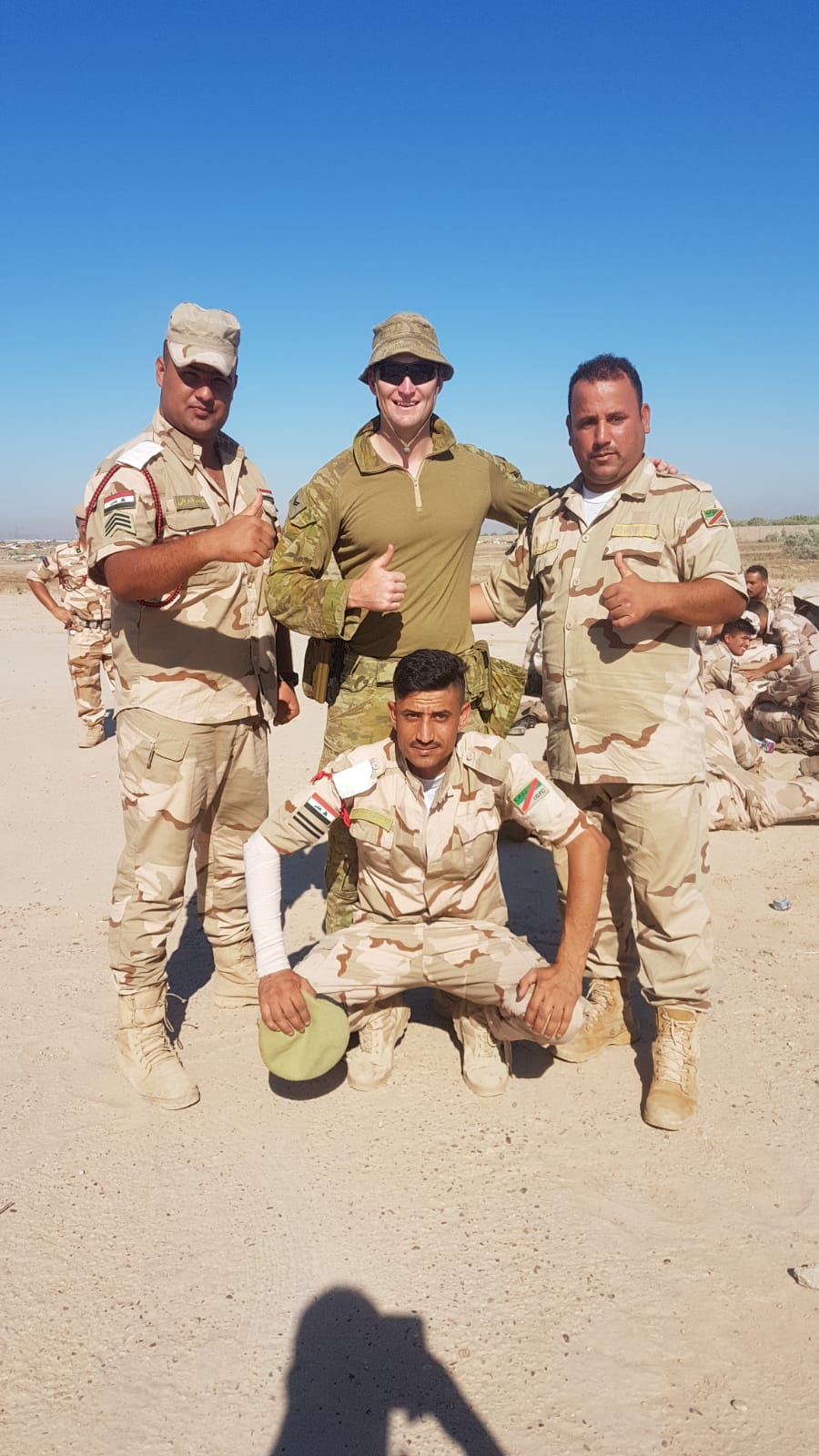
When I reflect on my experiences throughout the deployment, my key takeaways are: soldiering is a common language around the world; be patient when mentoring to ensure the message is conveyed appropriately; and that the Australian approach to mentoring is one of the best in the world. I was surprised to learn quickly that soldiers are very similar around the world. The Iraqi soldiers were no different to any of the Australian trainers in the way they learnt, responded to training, enjoyed having a laugh and generally behaved as we do at home. I initially had to force myself to have patience while trying to give instruction as a lot of simple things were lost in translation. The use of drawings or mud models greatly assist in getting my point across. A number of feedback points were given simply by drawing pictures in the dirt without a word being spoken between us. Finally, as an Australian soldier I personally believe that we are very good at training and mentoring other nations’ soldiers. We may not have the battlefield experience of some of our ISF members, however our flexibility, professionalism, humility and determination to achieve our mentoring goals alongside the Iraqi instructors allowed us to tailor our mentoring style to use their experiences to help the instructors train their own soldiers in their own way.
I have found mentoring the SINCO II instructors extremely rewarding as not only are we forging amazing working relationships, but we are improving them as soldiers and contributing a small part towards the stabilisation of Iraq. As an Australian soldier on operations it means the absolute world to me, as I get to represent my country in front of many other nations, become a part of Australian military history and contribute to the proud legacy of mentoring and training that Australians are known for around the world.
Language and Interpersonal Skills are Key by CPL Lachlan Laughton
As a cavalry JNCO, on hearing that I may have the opportunity to deploy for the first time I was ecstatic to say the least. To follow in the footsteps of what so many before have done, and put my skills and training to use in an operational environment, has been a dream of mine for many years. I’m very lucky and privileged to be able to serve my country abroad on operations as many people will have a long career within the Army and never have the opportunity to deploy.
With the lead up training prior to the deployment, we sat through what seemed like endless PowerPoint lessons and presentations blended together in a very short time. However, a few stood out. Cultural awareness briefs and the Arabic language lessons provided key takeaways for us deploying to the Middle East for the first time. The lessons we received about the culture within Iraq and basic language skills were essential to our ability to effectively build those partnerships with the ISF and SINCO II instructors which would have been more difficult to achieve without the preparation we received.
Utilising basic conversation skills with the SINCO II instructors, not only using Arabic, but our own interpersonal skills such as active listening, politeness, courteousness and being fair with criticism, was probably my key takeaway from the deployment. Using these skills greatly improved our relationship with the instructors which allowed us to effectively mentor them in a way where both of us could learn from each other. Being a mentor is not always about directing and criticising, but also learning and allowing the instructor to use his own skills and knowledge to achieve the outcome. As an Australian mentor, I’ve found it can be quite easy to over-involve yourself with the instructor’s lesson, causing the instructor to lose focus and ultimately not being able to deliver the best possible lesson he could. To assist our relationship development, I found that having casual, ‘every-day’ conversations and friendly Australian banter with the interpreters and partner forces goes a long way. The ISF do not want to come to work and always talk strictly business so this gave us an opportunity to open ourselves up to the culture of others and share some of our own Australian culture with those partner forces which made mentoring and day-to-day work go a lot smoother.
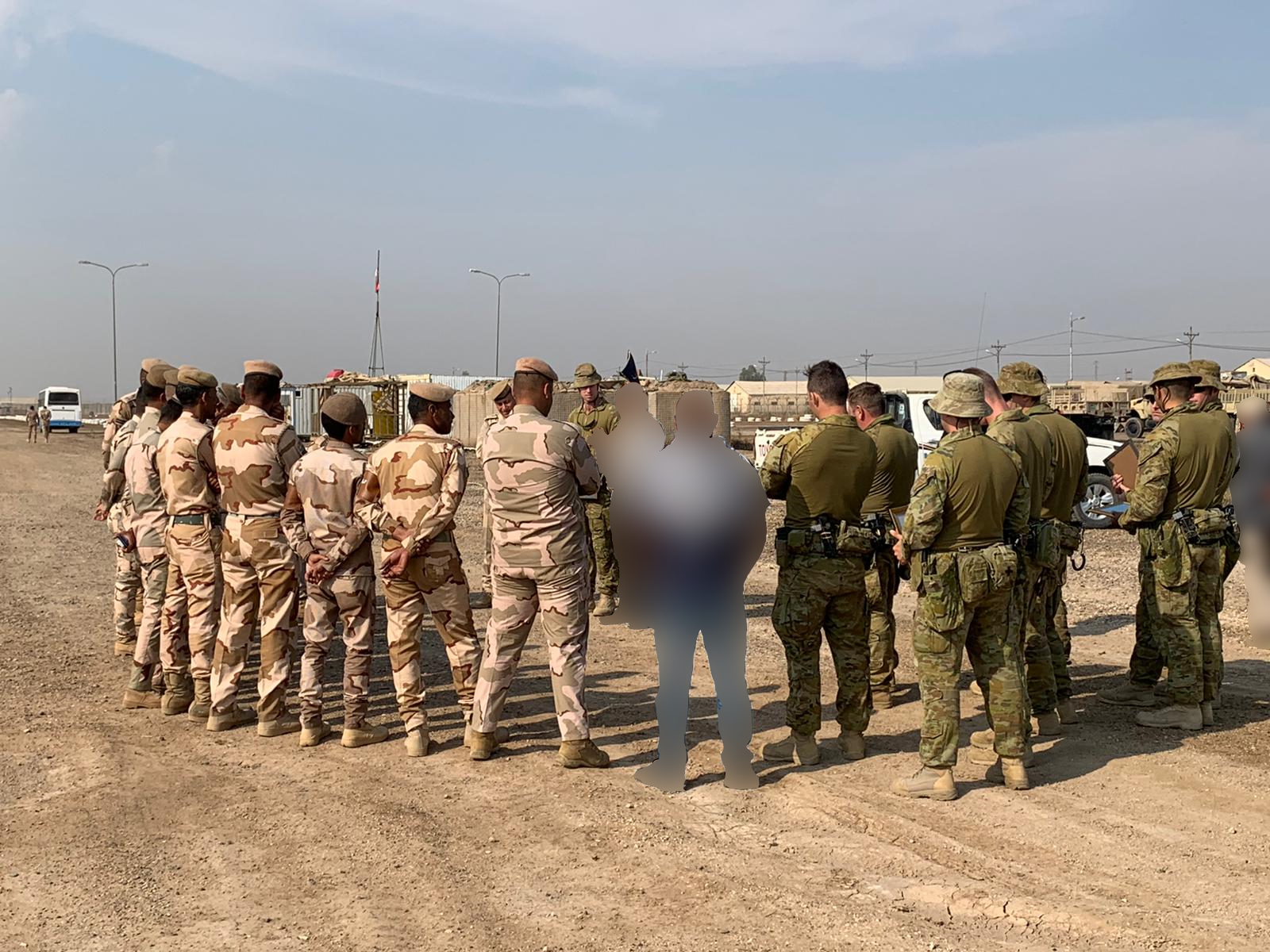
Being a mentor in Iraq is quite different to what I had envisaged myself doing on initial employment in the Army. I’m not patrolling through the streets of Baghdad, nor am I sitting on overwatch in my ASLAV. What I am doing, though, is helping build capability for the security and stability of a nation that has struggled over the years to separate themselves from conflict, whether it is internal or on their borders.
This deployment has proven to be a very personal and professional learning experience. In particular, I have learnt three main lessons. The first is to not hold on to one standard of performance as a mentor as it is important to tailor my approach to suit my mentee. Secondly, to invest time and effort into personal relationships early to support my mentoring efforts and finally, longevity for myself is key on a long deployment. Goal setting, hobbies, not isolating myself and remaining patient with circumstances beyond my control were key to successfully completing a long deployment
The days have been challenging at times, sometimes boring, yet always interesting and always hot. It has been an experience I will look back on for years to come and hope that the training we have achieved will help the ISF and Iraq bring some stability to the region.





